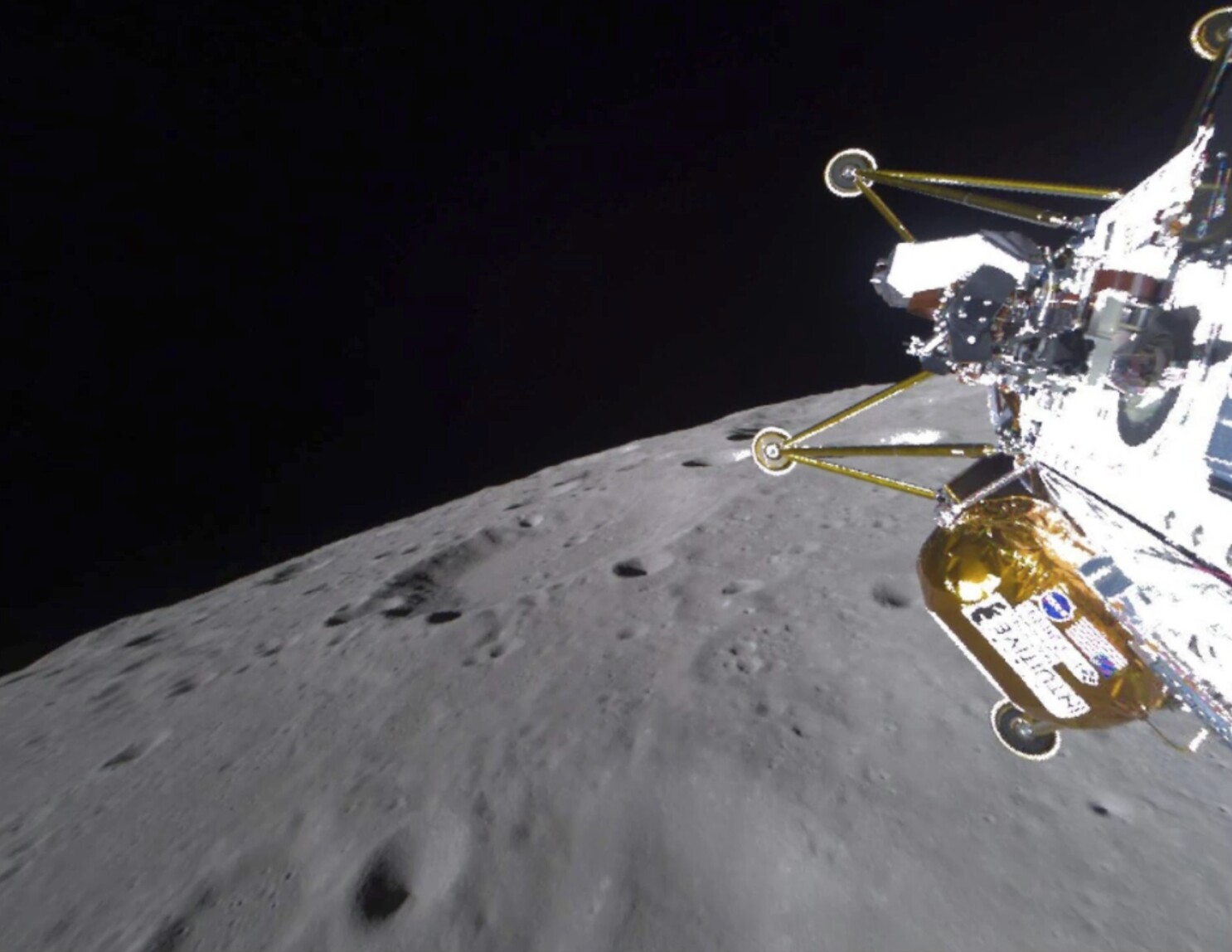Private U.S. Lunar Lander Makes History Despite Tipping Over
by admin on | 2025-03-09 04:17:37
Share: Facebook | Twitter | Whatsapp | Visits: 76

On March 8, 2025, Texas-based Intuitive Machines made history as its Athena Lander became the first private spacecraft to successfully land on the moon, though it tipped over shortly after touchdown. This marks the second private lunar mission in a week, following another lander’s toppled landing, and underscores the growing role of commercial spaceflight. The mission, part of NASA’s push to return to the moon, carried scientific payloads to study the lunar surface.
The landing, while a technical success, was marred by the spacecraft’s inability to remain upright, likely due to uneven terrain or a miscalculation during descent. Intuitive Machines reported ongoing communication with Athena, salvaging some data collection, but the incident highlights the challenges of lunar exploration without human oversight. The achievement still positions the U.S. as a leader in private space ventures, with companies like Intuitive Machines paving the way for future missions, including potential human landings.
NASA and space enthusiasts hailed the milestone as a leap forward, despite the hiccup, noting that each attempt refines the technology needed for sustainable lunar presence. The mission’s partial success boosts confidence in privatized space exploration, a key pillar of America’s Artemis program. As competition with China and Russia intensifies, these efforts signal a new era of lunar ambition, albeit one fraught with trial-and-error learning curves.
Leave a Comment
Search
Recent News
-
 NASA’s SpaceX Crew-10 Successfully Launches to the International Space Station
NASA’s SpaceX Crew-10 Successfully Launches to the International Space Station
-
 Volcanic Eruption in the Philippines Triggers Mass Evacuations
Volcanic Eruption in the Philippines Triggers Mass Evacuations
-
 US Envoy in Moscow as Ukraine Ceasefire Talks Gain Momentum
US Envoy in Moscow as Ukraine Ceasefire Talks Gain Momentum
-
 Pakistani Forces End Train Hijacking by Separatist Militants, 33 Attackers Killed
Pakistani Forces End Train Hijacking by Separatist Militants, 33 Attackers Killed
-
 Escalating Global Trade War Impacts Markets
Escalating Global Trade War Impacts Markets
-
 Romania Rejects Georgescu’s Candidacy for Presidential Elections, Following Annulment of November Victory
Romania Rejects Georgescu’s Candidacy for Presidential Elections, Following Annulment of November Victory
-
 Private U.S. Lunar Lander Makes History Despite Tipping Over
Private U.S. Lunar Lander Makes History Despite Tipping Over
-
 U.S. Pauses Military Aid to Ukraine as Zelensky Signals Prolonged War
U.S. Pauses Military Aid to Ukraine as Zelensky Signals Prolonged War
Visit our Youtube Videos
